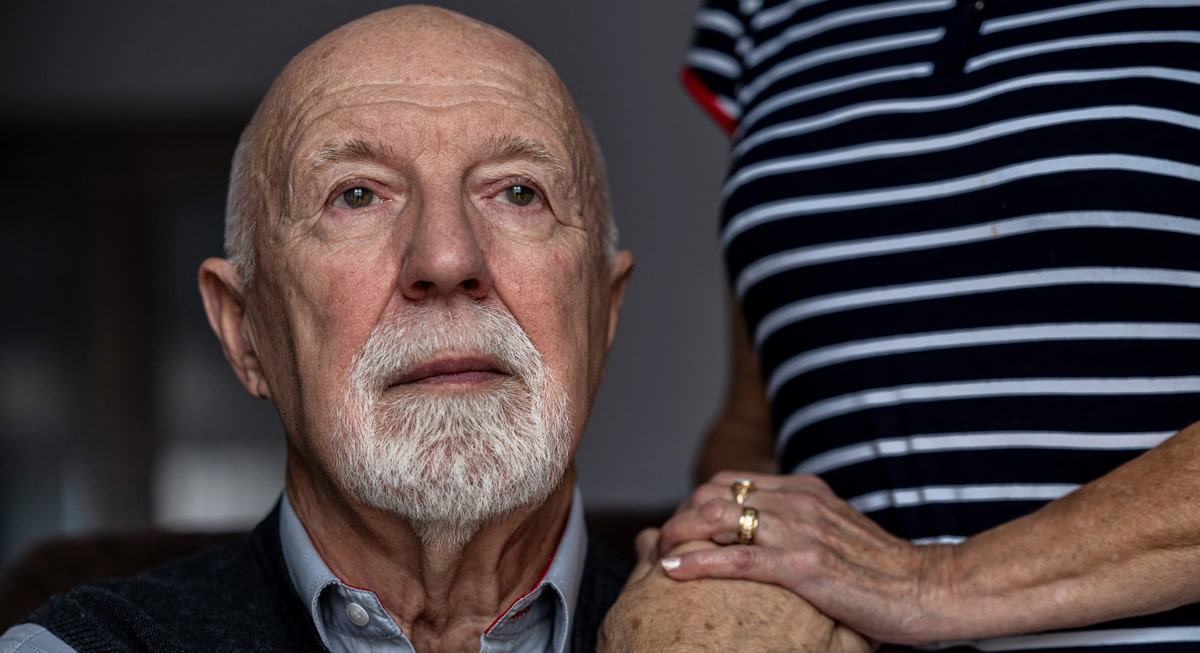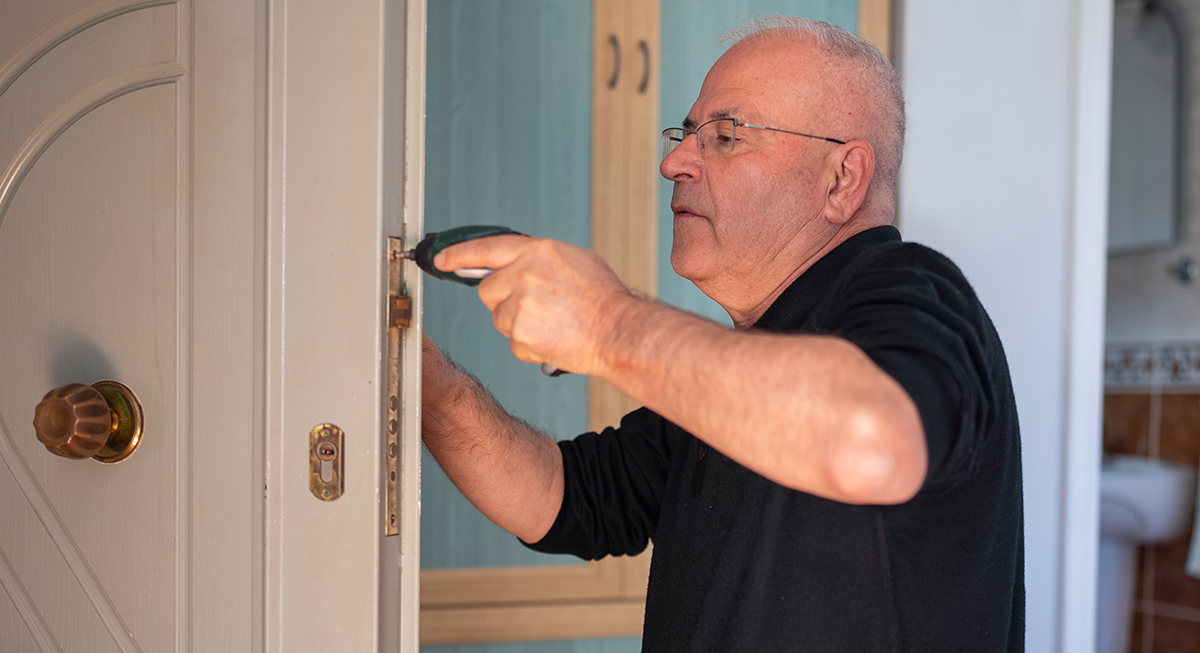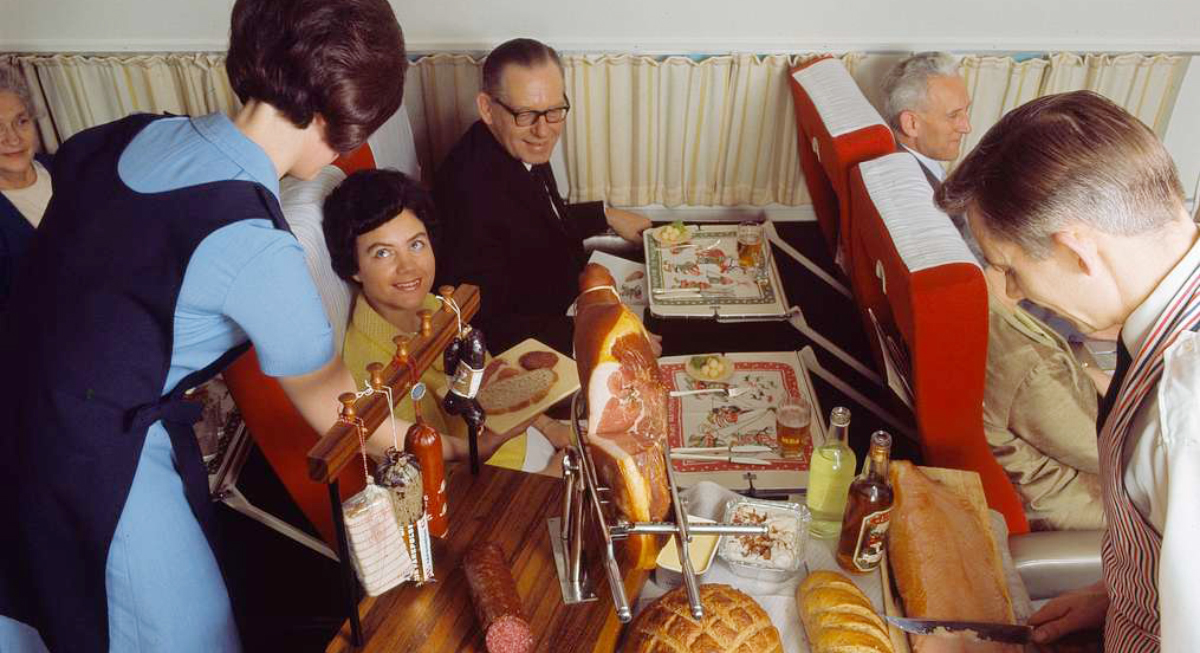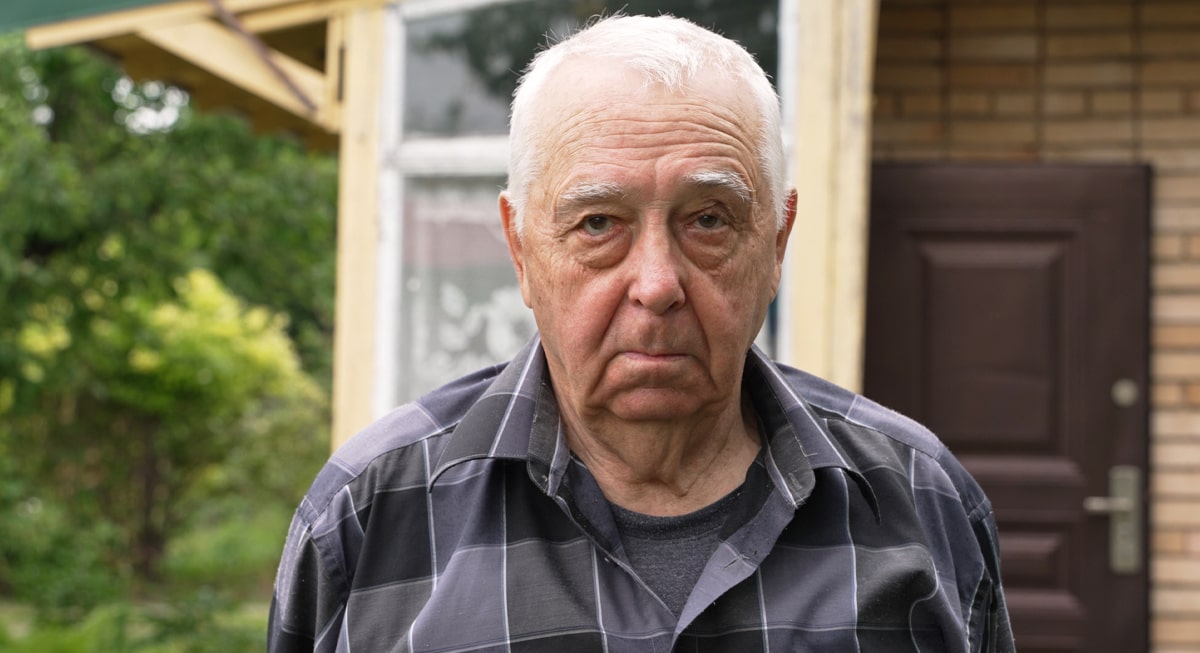 This past weekend, I did the craziest thing. I raced a half-ironman triathlon. I swam 1.2 miles in a river, biked 56 miles, and then ran 13.1 miles. And I finished with a smile on my face.
This past weekend, I did the craziest thing. I raced a half-ironman triathlon. I swam 1.2 miles in a river, biked 56 miles, and then ran 13.1 miles. And I finished with a smile on my face.
Now, this wasn't just something I did on a whim. No, this is something that I've been planning for a at least a year, and something that I have been seriously training for over the past 8 months or so. It was a huge project and something I'm so proud of accomplishing. There were plenty of times during my training that I wanted to quit, that I thought perhaps I had taken on something too big, or that I screwed up my training plan and felt like I had taken two giant steps back on my path to my goal. But I persevered and I made it. I reached my goal and I feel great about it.
This is an idea that can also be applied to my financial life, and maybe it applies to yours as well. First off, pick a goal. Not something like "Save more money." That's too vague. Set a specific goal. Maybe you want to increase your emergency fund by $500. Maybe you want to make one extra mortgage payment in 2017. Maybe you want to buy a new couch or go on a vacation.
Next, figure out a deadline for that goal. You've got family visiting next July, so you want to buy a new couch on June 1.
Now, figure out how you're going to get there. What does the couch cost? How much do you need to put aside every month to get there? For ease of math, let's say you need $400, so you need to put aside $50 a month. So in October and November, you put aside $50. But in December, something happens. Maybe you spend too much on Christmas shopping, maybe you discover your snow boots have a hole in them and buy a new pair. Whatever it is, you now haven't put aside your $50 for December. Does that mean you have to put aside $100 in January? The idea of trying to find an extra $100 in your budget terrifies you and you just want to give up.
But you don't have to put aside $100 in January. You still just need to have $400 by the end of May. You already have $100, and you have five more months. Instead of $50, you put away $60 each month. Maybe one month, you find an extra $5 in your budget, so you put that aside too, just to plan ahead for a month where you might be low. In March, you really want to go out for a fancy dinner with your friends, but you know that you've already spent your dining out budget and you really don't want to risk falling behind on your couch savings fund.
You make the plan work for you. And in the beginning of June, you have the money put aside for that fabulous new couch. Maybe the saving wasn't easy. But maybe there were days when you looked at those numbers and were proud of yourself. And you sit back on that new couch and bask in the glory of hard work and determination.









